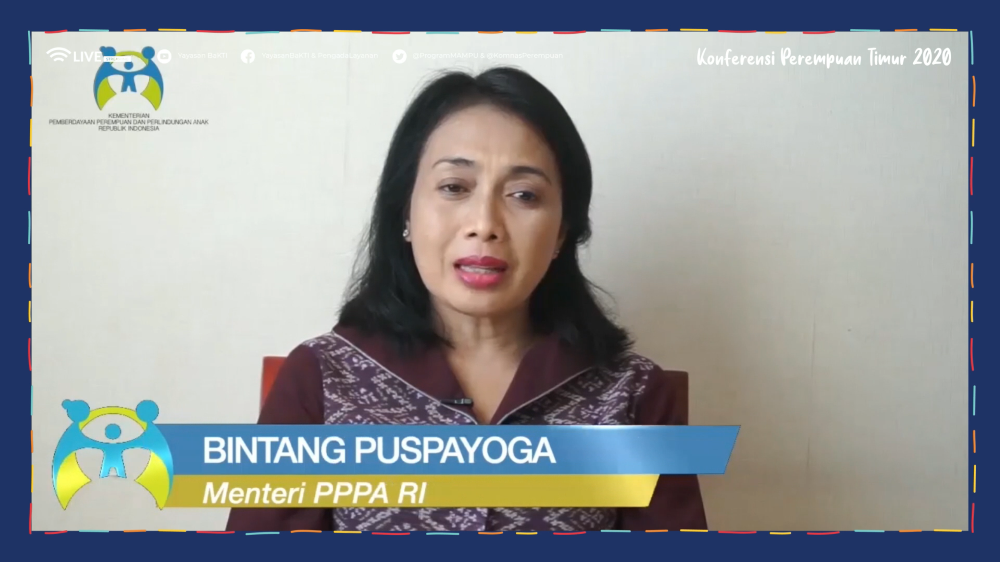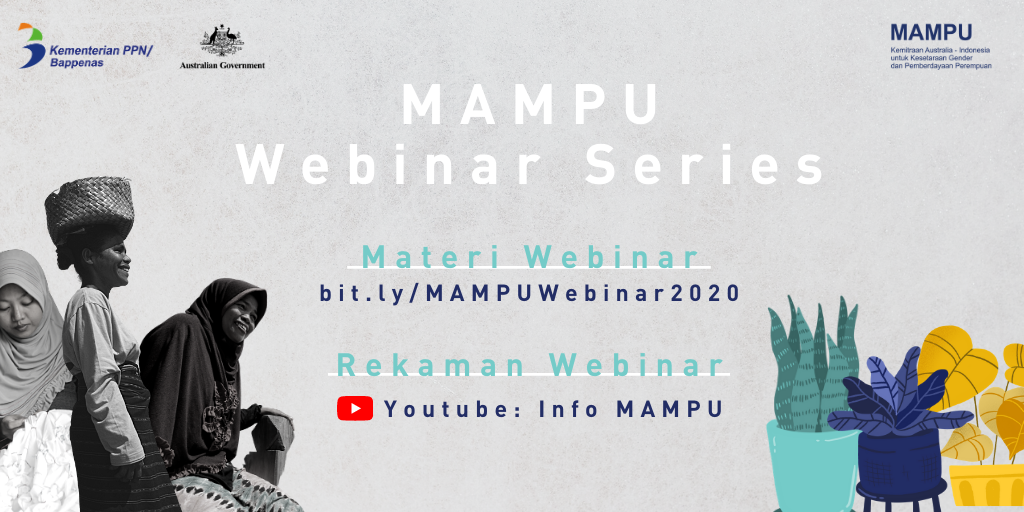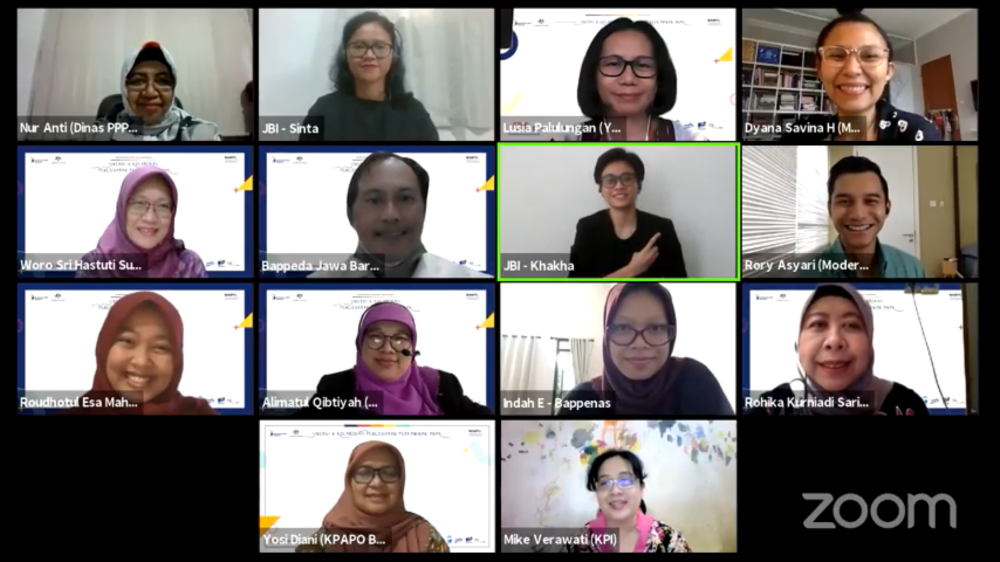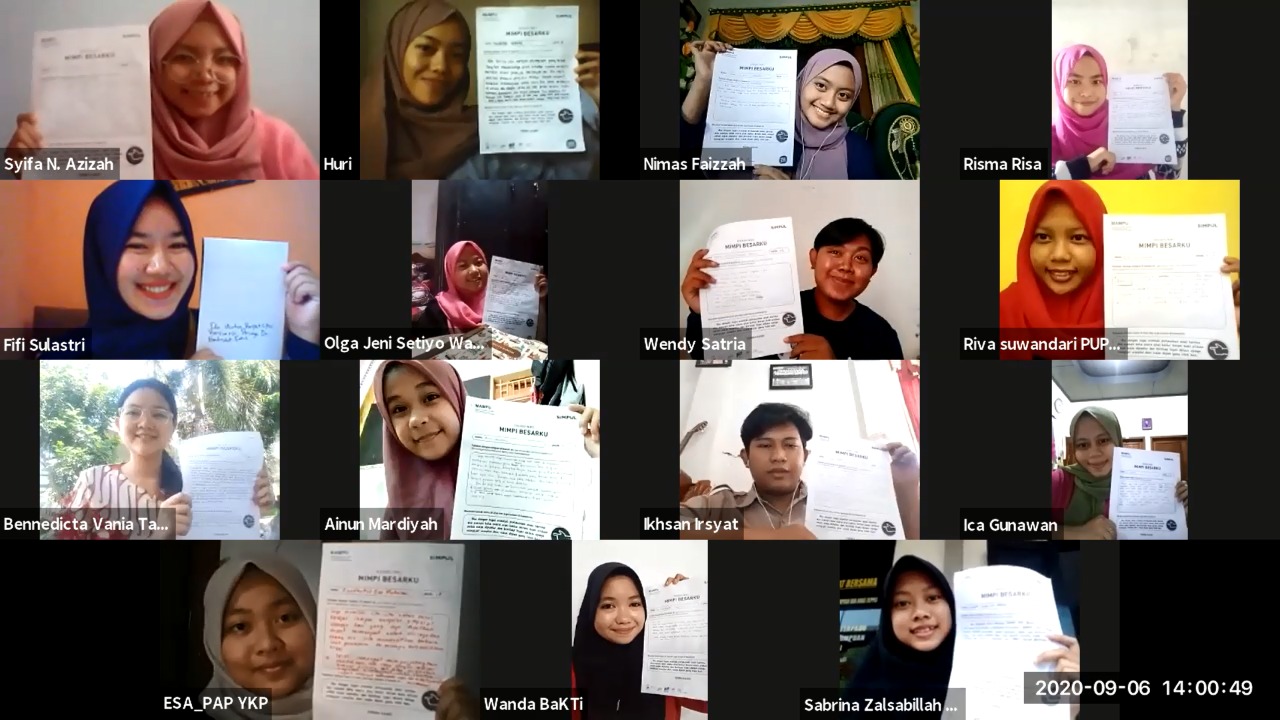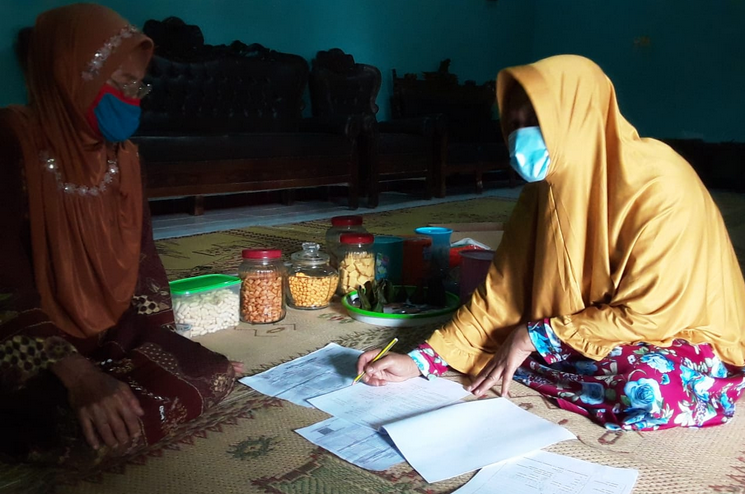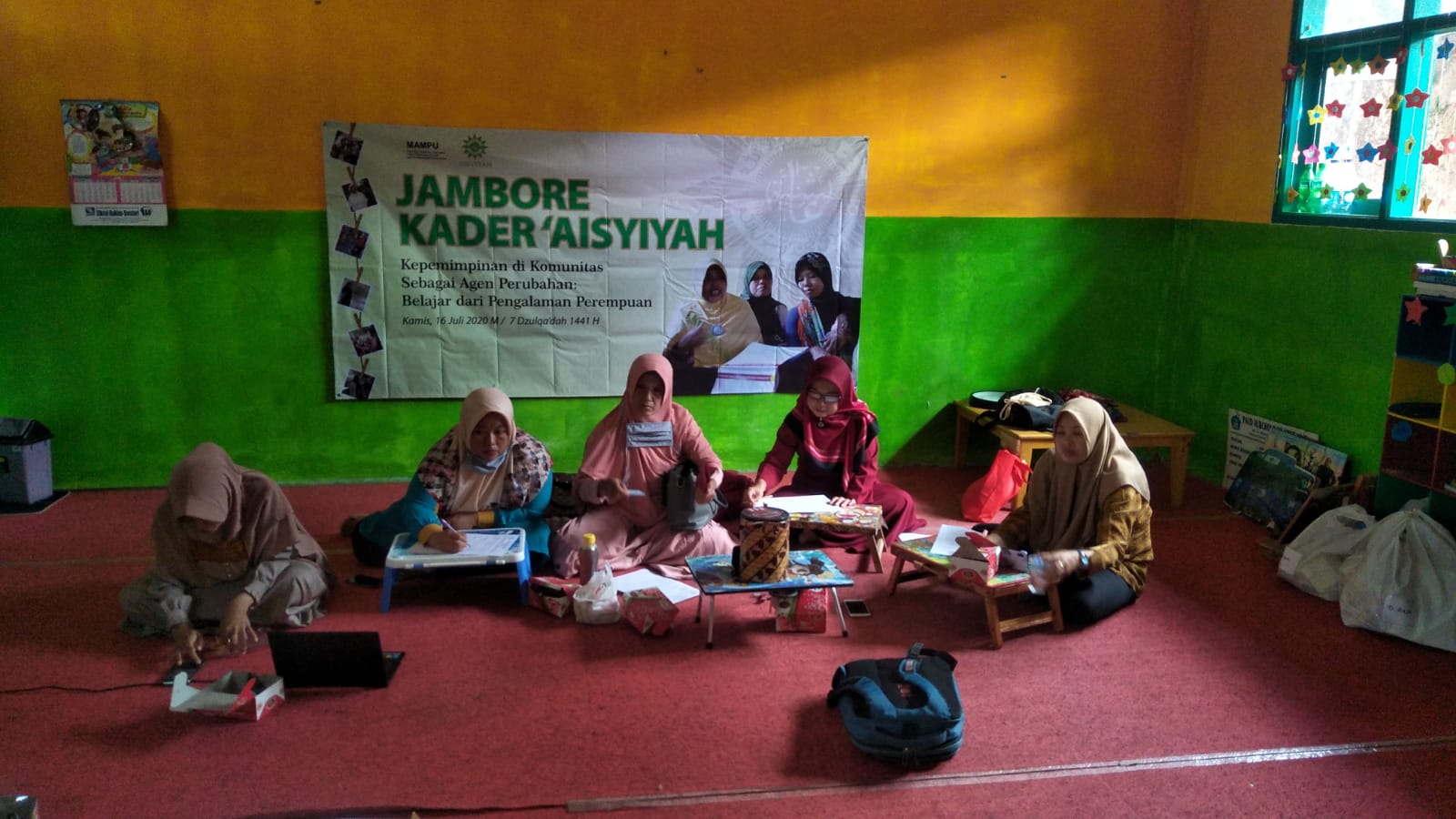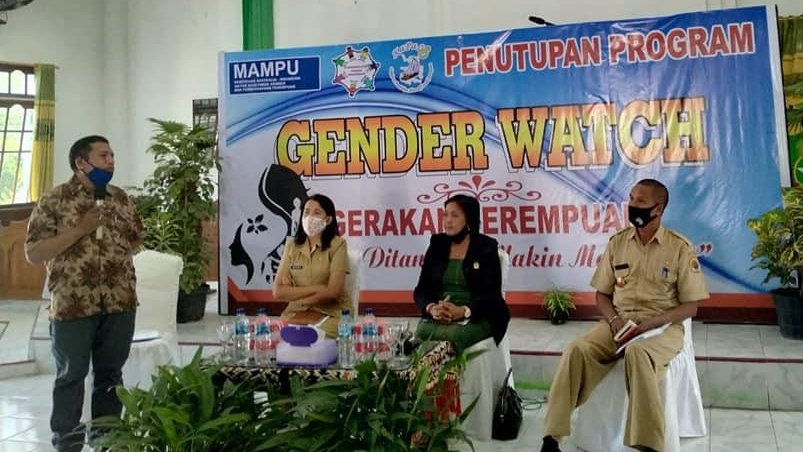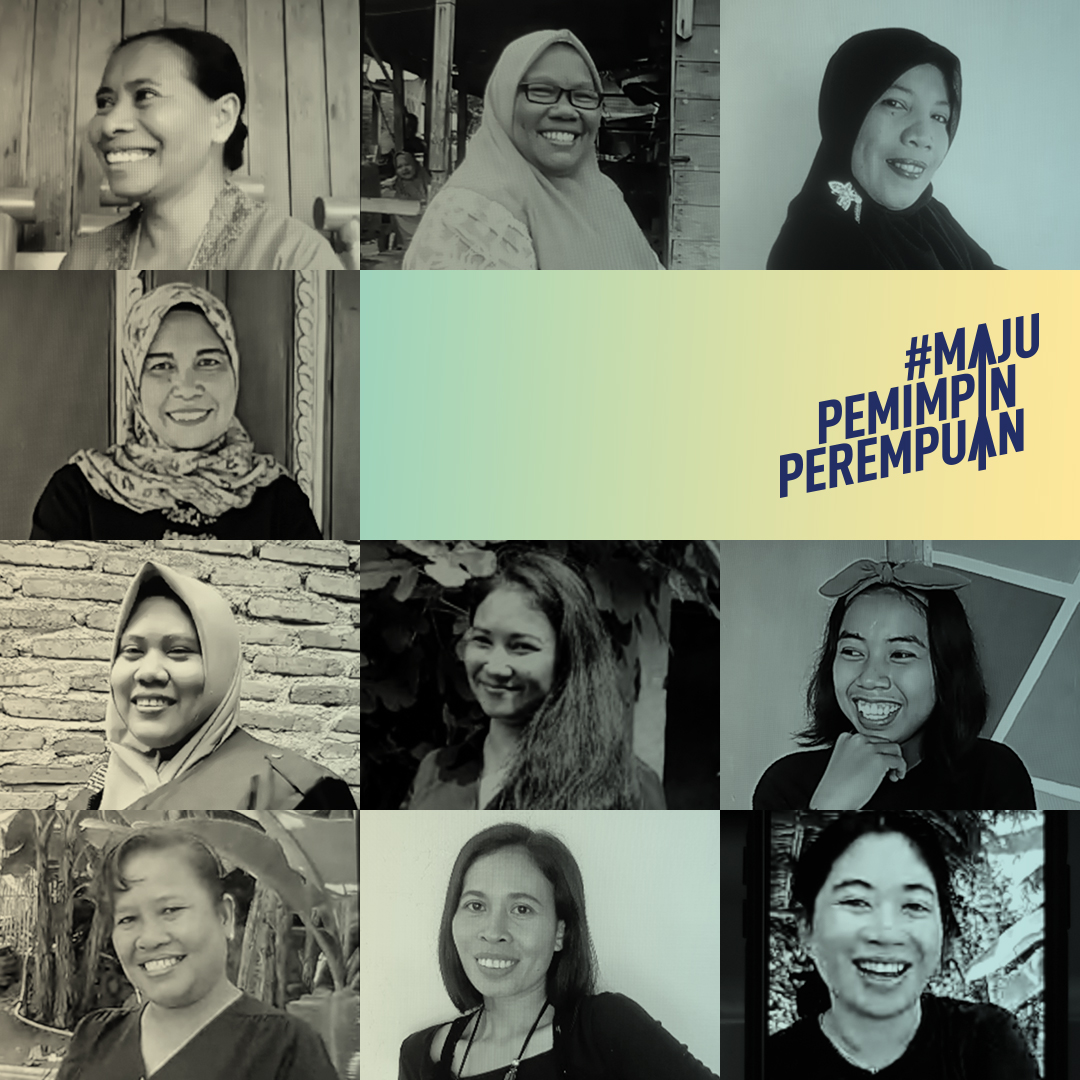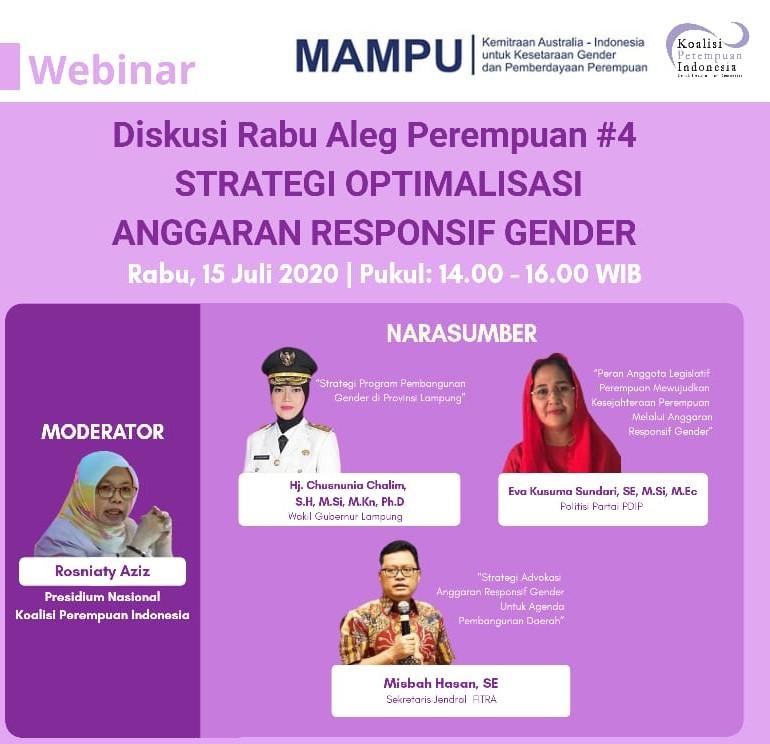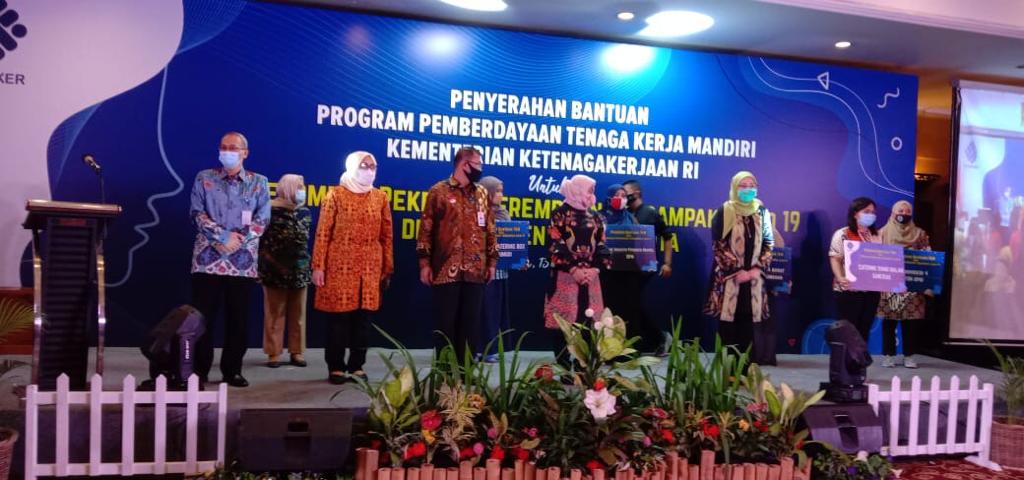Event
LBH APIK Aceh’s Annual Notes: 71% of Perpetrators have Personal Relationships with their Victims
24 April 2020Author: Amron Hamdi

“In 2019 we documented 123 cases of violence against women and children, which is higher than in 2018 when we documented 115 cases,” said LBH APIK Aceh Director Roslina Rasyid in Lhokseumawe on 24 February. Roslina made these remarks at the launching of the organisation’s Annual Note on Cases of Violence against Women and Children. She explained that 71% of the cases documented involved perpetrators with personal relationships with their victims.
She said that violence against women and children was triggered by various factors, including the current legal system. Roslina explained that this system does not yet fully consider victims of violence as parties who have the right to be treated fairly, especially in terms of the burden of proof for cases, which results in a large percentage of perpetrators going free without punishment. Also, she added, a lack of solidarity in households, economic problems, and communication issues are other problems that influence violence.
LBH APIK Aceh noted that the psychological impact of violence was one of the greatest impacts borne by women survivors. “Psychological pressure causes victims to suffer heavy mental burdens and stress which sometimes results in suicidal thoughts,” she explained.
In addition to LBH Apik Aceh, the Service Providers Forum (FPL) western region also compiled and presented data at their 2019 Annual Notes launching event. This document details the situation regarding violence against women across Sumatra, as compiled by service providers working across the region, such as PUPA Bengkulu Foundation, SPI Labuhanbatu, Nurani Perempuan Women’s Crisis Center Padang, and Hapsari Deli Serdang. Releasing this data collectively aims to harmonise and utilise the data stored in FPLs integrated database which documents cases of violence against women across the country. The MAMPU Program supported FPL to develop this database to support evidence-based advocacy.







